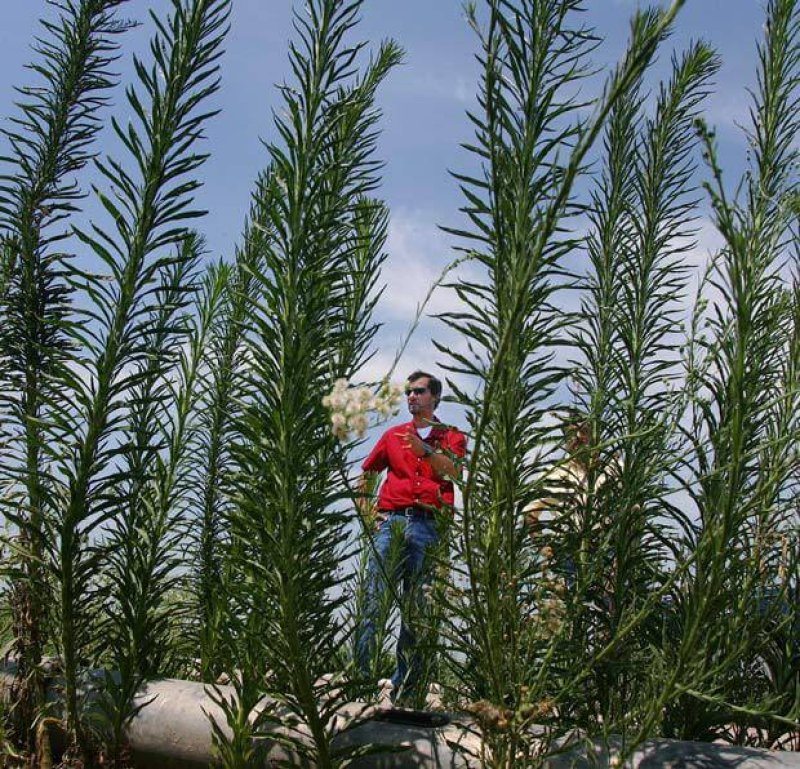The threat to public lands posed by invasive plant species is increasing by about ten million acres each year, and conservationists fear they will lose their best tool to combat it.
That’s according to data from the Bureau of Land Management (BLM) which manages 245 million acres of public land—about one in every 10 U.S. acres.
As pressure from invasive plants grows, conservation groups and land managers worry that glyphosate, the active ingredient in Roundup, might soon be off limits or severely curtailed.
“As it stands, glyphosate is really the best tool we have for fighting invasive plants,” said Brendan Quirion, an invasive species specialist with The Nature Conservancy, the largest conservation advocacy group in the world.
…
In 2018, glyphosate was added to California’s official list of chemicals known to cause cancer….Despite the more recent concerns, most of the world’s top regulatory agencies have found it to be among the safest herbicides on the market….
“I think we need to fully consider both the ecological and societal impacts of not having this tool,” said The Nature Conservancy’s Quirion. “And then compare the risks of using a small amount of herbicide, versus the much greater impacts of having invasive species spread across the landscape.”
Read full, original article: Invasive Weed Creep Spurs Concern Over Roundup Bans































